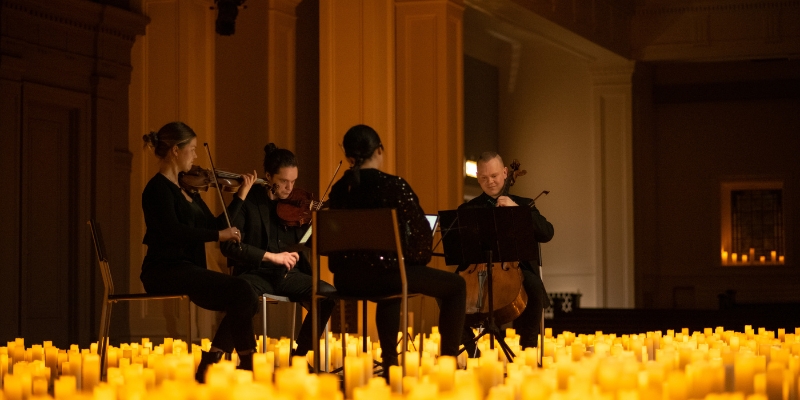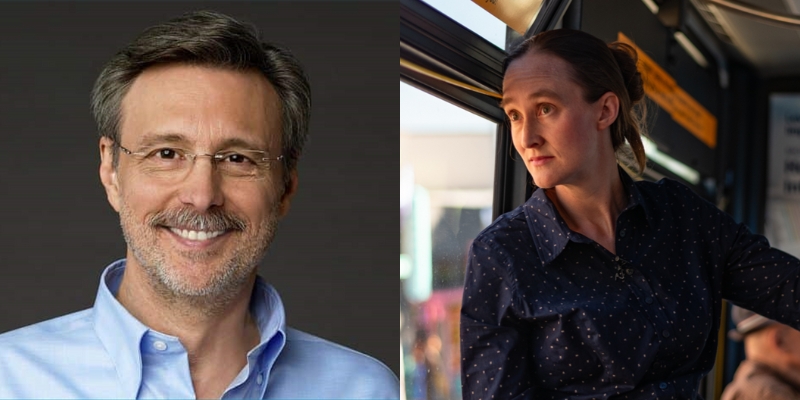Every week the Town Crier blog will look back at Seattle’s near forgotten Town Crier magazine to see what was happening then and talk about what’s happening now. One of the largest sections of the original Town Crier was “What People Are Doing,” highlighting things like, “Miss Nellie C. Cornish, who has been spending the week at her farm on Hood’s Canal, is expected home today,” and, “The Seattle Flyer’s Club, a newly formed organization, will be hosting a formal ball on Friday evening.” In this series we’re revisiting the old column and tying it to our community’s current happenings, asking: “what are people doing?”
Today’s entry…
Town Hall likes animals. We’ve recently had talks about orca whales, bees, and plenty about birds. We had Richard Prum discuss the mating rituals of birds. We also had a BirdNote Live! Podcast.
In the April 5, 1919 edition of the Town Crier there was a story about the estimated speed of birds. It was entitled, “The Estimated Speed of Birds.” It begins, “There is no doubt that the speed of birds if very deceptive, more especially that of the larger birds, which appear to be moving at a much slower rate than they really are, owing to their size.” Luckily, for Crier readers, there was an Oregonian who liked birds. “The following table of relative speeds has been prepared by a statistics crank in Portland.”
A few of the crank’s findings:
A quail can go 65 to 85 feet per second.
A ruffed grouse can go 60 to 90 feet per second.
A mallard can go 55 to 90 feet per second.
A teal can go 120 to 140 feet per second.
A canvasback can go 130 to 160 feet per second.
If you’re curious, here are the fastest birds in the world. I’m not sure which cranks came up with those numbers.

